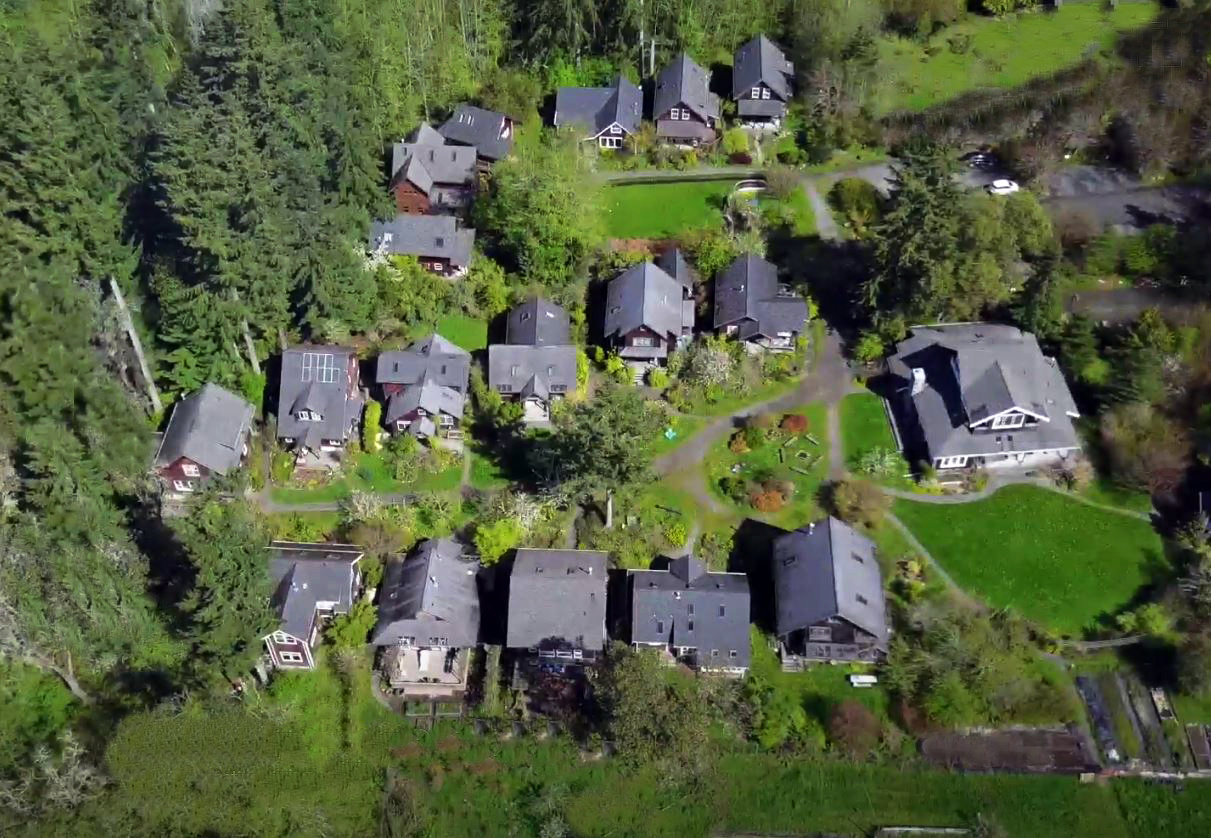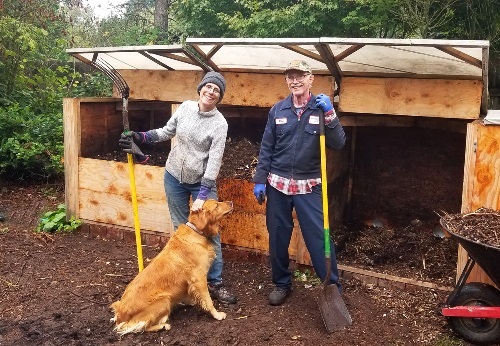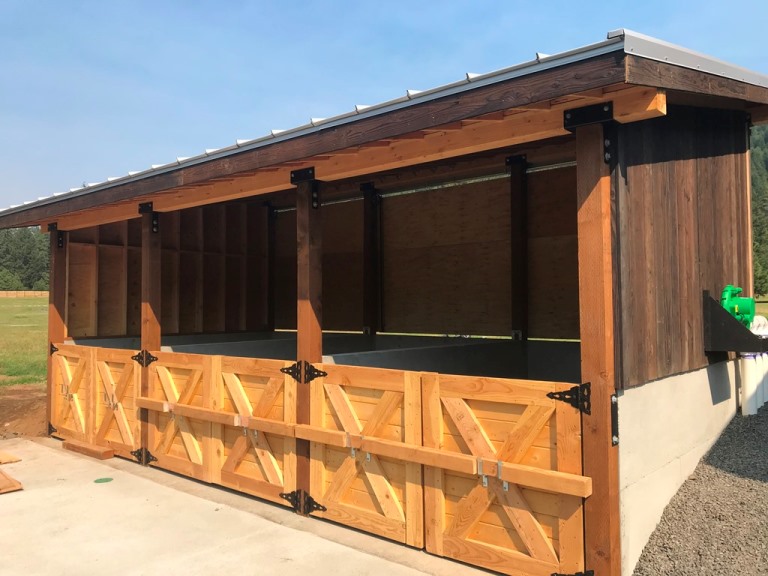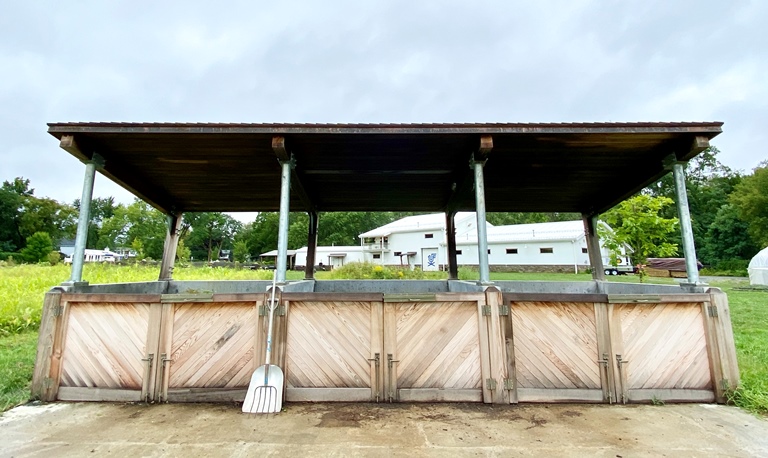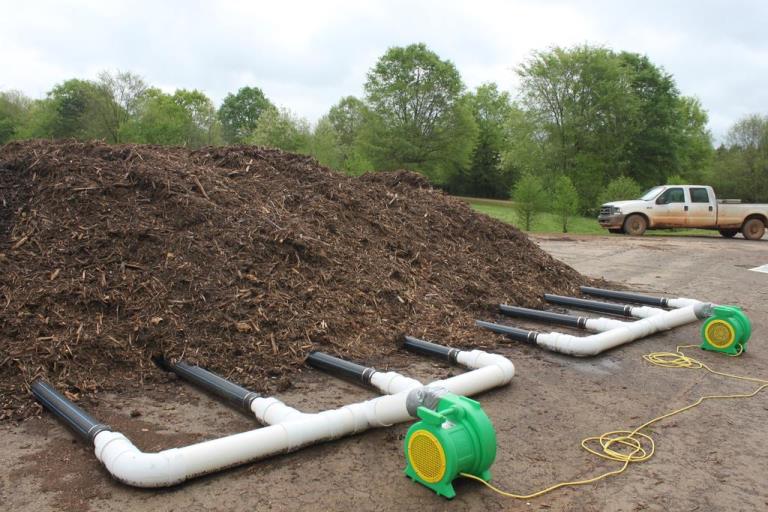Giving Thanks
We are excited to share many new Testimonials from happy composters. It is satisfying to see the product and service we provide come to fruition over and over again. We are very thankful for the positive feedback we continue to receive from our clients, and for their willingness to share comments (and mug shots) on our website. We are doing good work - all of us together - improving properties and animal health, saving valuable time and money and, most importantly, making positive impacts on our environment.
THANK YOU to the 1500+ people/organizations/facilities worldwide that have allowed us the opportunity to teach, guide, advise, troubleshoot and provide encouragement along the path to successful composting. We are grateful for you and wish everyone a peaceful and SAFE holiday season.
|
 |
Big Ideas
Filthy Organics in Pompano Beach, Florida may be starting small but Dustin D. has big plans to make a positive difference in South Florida. His idea came from the realization that a LOT of compostable material was going into the landfill. Dustin made this discovery when he found out his local grocery store was not allowed to share their perishable scraps to feed his chickens. Determined to find a better solution, Dustin reached out to Veteran Compost in Maryland who put him in touch with us.
|
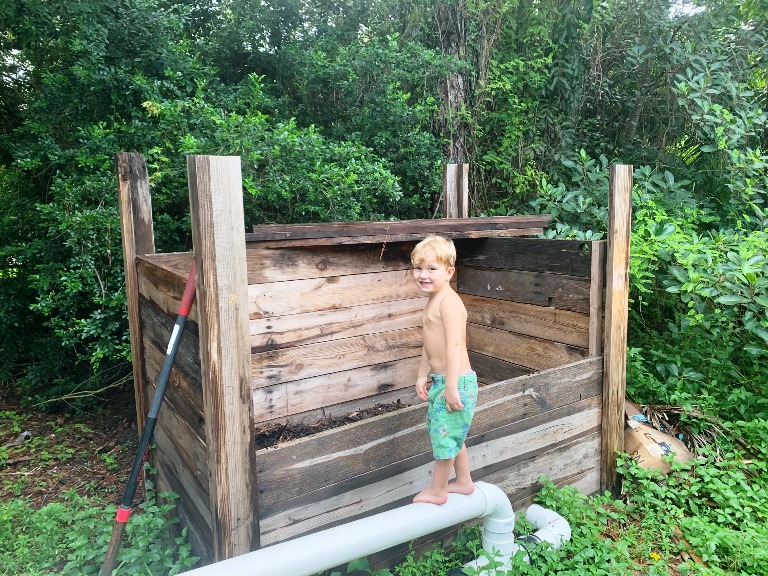 |
|
He is using is O2Compost Micro-Bin (and adorable little helper) to run a pilot program to learn the process before scaling up to a larger operation. Along with local yard waste, his Micro-Bin is currently composting approximately three to four yards every two weeks of food waste from a local restaurant. His goal is to sell the finished compost in bulk to local farms.
Dustin admits he hesitated on moving forward with his idea out of fear that the process would be complicated. When he finally "bit the bullet", he quickly realized that it is quite simple. Dustin reports that he is "super excited about the future opportunity with composting" in South Florida and has appreciated the help and guidance of Peter Moon every step of the way.
|
Getting Ready for Winter
If you already own an O2Compost System, please do the following in advance of the cold winter ahead:
- Clean out as many of your compost bins as possible to maximize your capacity to 1) compost your manure; and 2) cure and store your finished compost through the winter months.
- Land-apply your compost to your pastures in advance of next year's growing season (November is an excellent time to do this, provided the ground is not frozen).
- If it is too late to land apply your compost, set it aside in a tarp-covered pile and let it continue to cure until next spring.
- When your bins are empty clean out your aeration trenches from any debris that might have fallen through the plenum boards.
- Test your blower and timer to ensure that they are 1) operating properly; and 2) delivering air to each of the respective bins.
- Make repairs to your bin walls and the roof structure, if needed.
- Please call O2Compost if you have any questions or need technical assistance.
If you are still in the planning stages for an O2Compost System, take advantage of the winter months to do the following:
- Review our website, especially the Compost 101 and Projects pages.
- Learn more about each of our Training Programs which are described in our Product and Service Guide.
- Schedule a free 30-minute consultation with Peter Moon, Owner and Principal Engineer with O2Compost.
If you want to validate Aerated Static Pile (ASP) Composting before making a significant investment in time and money, consider an O2Compost Micro-Bin System. It is quick and easy to install and it will teach you everything you need to know about ASP composting. Best of all, it will:
- Allow you to prototype your compost mix on a small, quick turn-around scale;
- Build confidence with neighbors and regulators and demonstrate that composting can be done without "stinking up the neighborhood" or adversely impacting surface and ground water resources;
- Provide samples of your finished compost for lab testing and trial marketing;
- Identify logistical constraints on a small scale; and
- Develop project-specific information for a thorough cost benefit analysis.
If you do not yet own an O2Compost System, there is still time to get one set up to avoid the winter muck pile syndrome. Now is the best time to take action toward protecting our air, land and water resources. Reach out to us through our website or call 360-568-8085.
|
Close-Knit Community
Vashon Cohousing is a community of 18 households located on Vashon Island in Washington state. This community is composed of people who work together, play together, and share amenities including an organic garden, a mature bountiful orchard, and a common house - with three guestrooms, a large dining room and a full commercial kitchen.
Originating in Denmark in the 1960's, cohousing has become popular in both Europe and the United States over the past two decades. Nearly 200 cohousing communities exist in the United States today, ranging in size and shape but nearly all premised on the belief that people are happier, healthier and more resilient if they live in community.
In 2019, Vashon Cohousing installed an O2Compost Micro-Bin System to convert the food waste from each of the households and the organic garden back into high-quality compost for use in the garden. A great deal of thought went into this decision followed by a considerable amount of effort to construct the 3-bin system and get it up and running.
In a September 2020 email, Mark M. (the project leader) commented, "I'm pleased to report our project is going very well. Thus far we're maintaining our weekly round of food waste composting from our 18 homes. Each time we start aerating a new bin the temperature shoots up to nearly 160 degrees Fahrenheit and holds above the pathogen destruction temperatures for up to two weeks."
In a November update, Mark went on to say, "Each week we compost an average of 150 pounds of food waste mixed with woodchips and horse manure, and we're very pleased with the quality of the finished product. Since ours is a non-mechanized system, our greatest challenge will be to sustain our weekly rotating compost crews through the winter. To my delight, our four rotating crews have committed to continue working into the winter. Thus far we've been blessed with breaks in the rain during our composting sessions, but I know that won't be the case as we dive into the dark, cold and rainy season."
Composting does require year-round effort but the benefits are real and certainly attainable. It has been our pleasure to work with Vashon Cohousing and to help them toward their goal of sustainable living. You can visit their website to learn more about Vashon Cohousing.
|
What's New
We may be a little late to the party but have finally started posting new systems on Instagram. Follow Us!
|
 |
Frequently Asked Question
QUESTION: In winter, when manure is wet, my composting fails ... it just turns to sludge most of the time. How can I fix this?
ANSWER: If this happens, there's a good chance your mix is predominantly manure (very little stall bedding). When it gets wet, it loses porosity resulting in little to no air flow through the pile. The resolution to the problem is to add a bit of wood fiber to the mix. This will absorb the excess moisture and provide structure and porosity to the pile. We recommend using wood pellets (~$5.00 per 40-pound bag will go a long way). As you add the manure to the bin, sprinkle a couple handfuls of pellets on the top and use a rake or trowel to mix them into the top six inches or so. The pellets will break open (like popcorn) when you do this. The ideal mix should be 80-90% manure and 10-20% wood fiber.
|
New Systems Come Online
|






